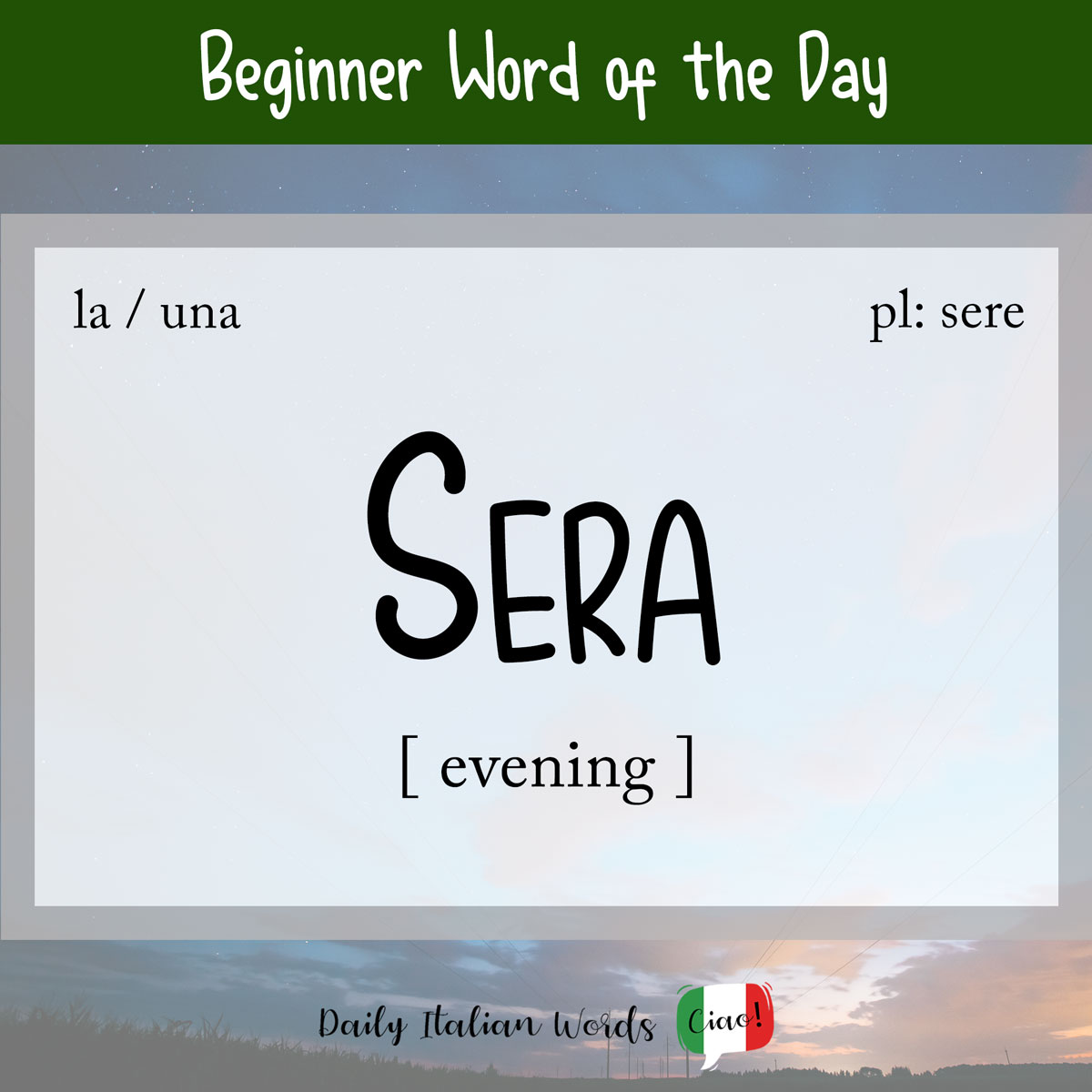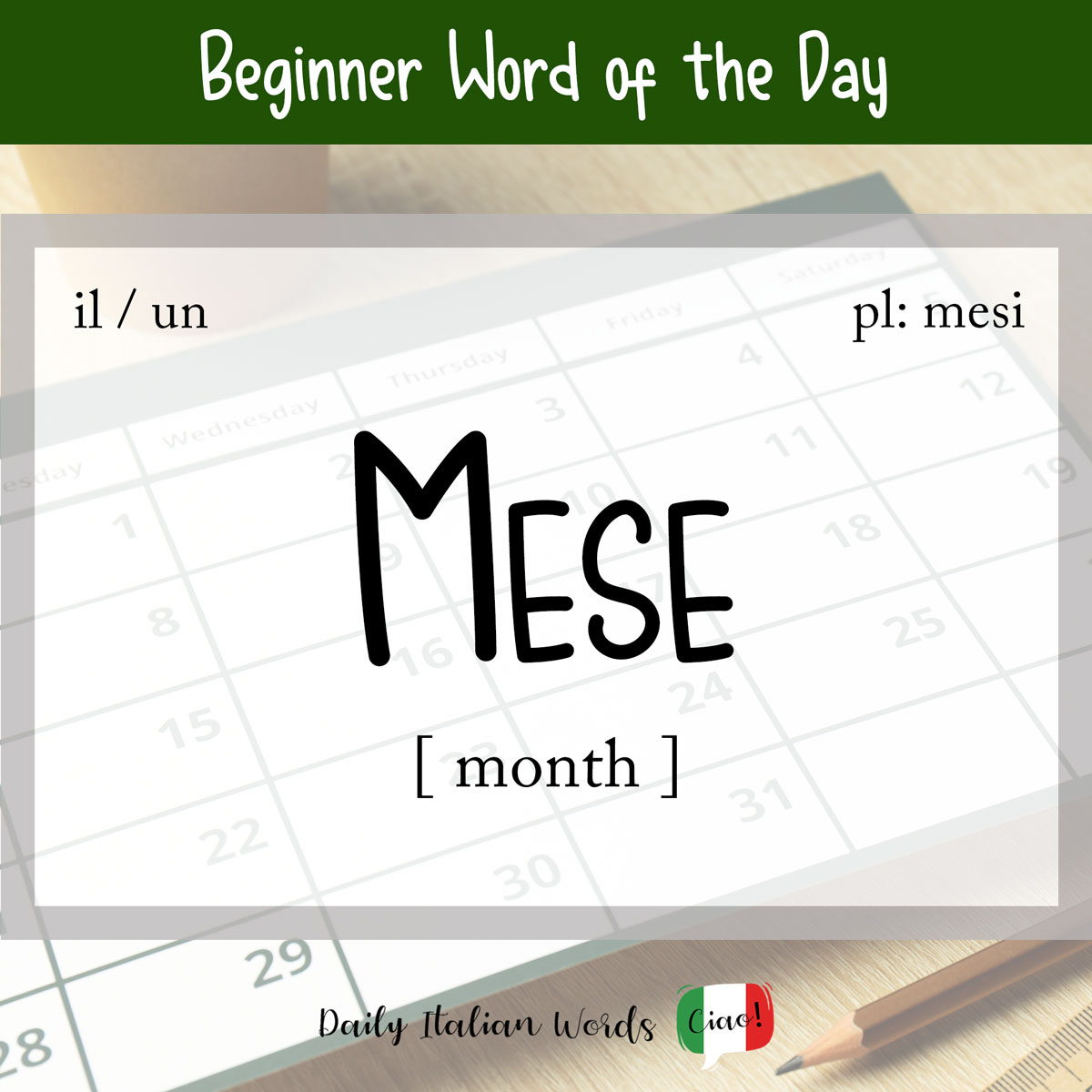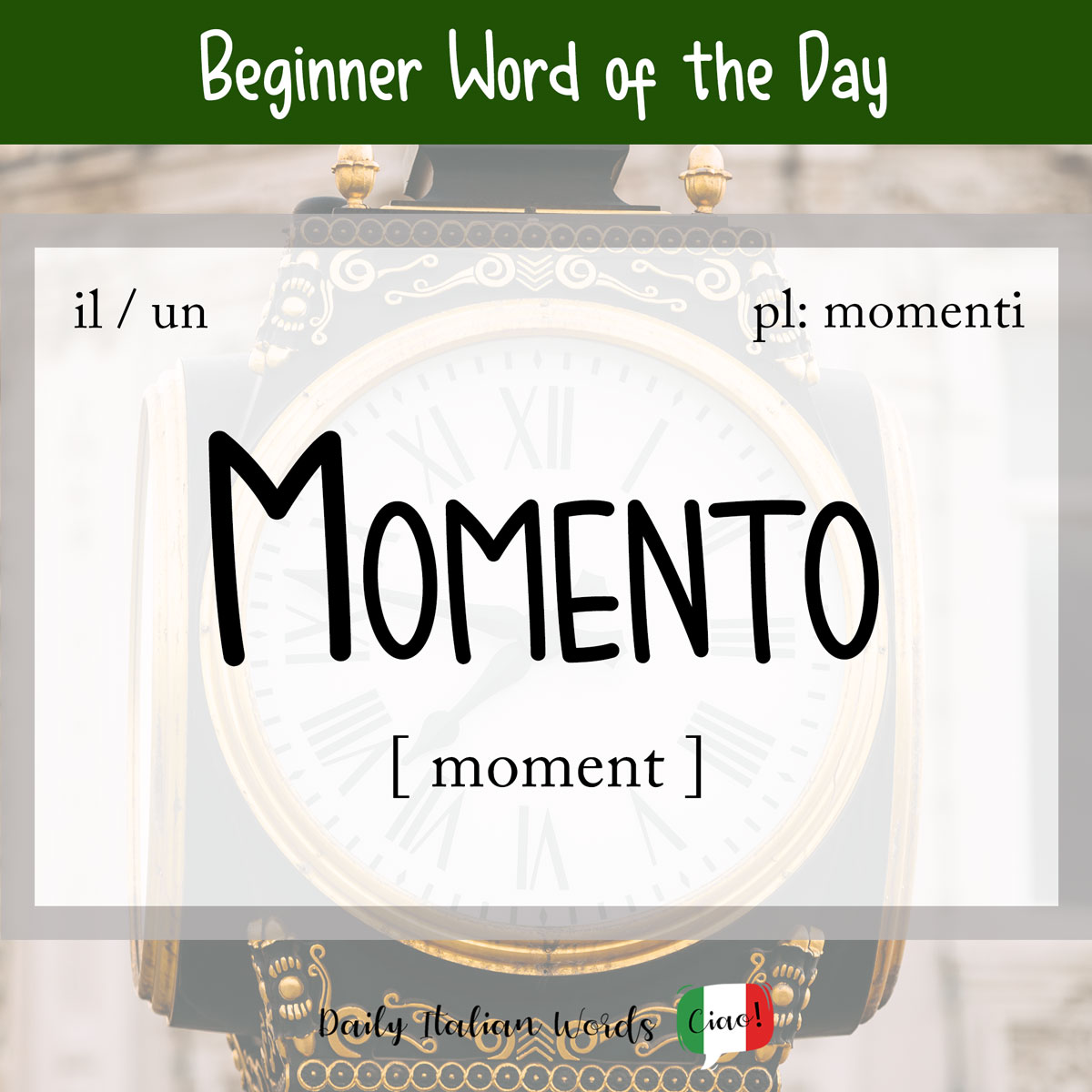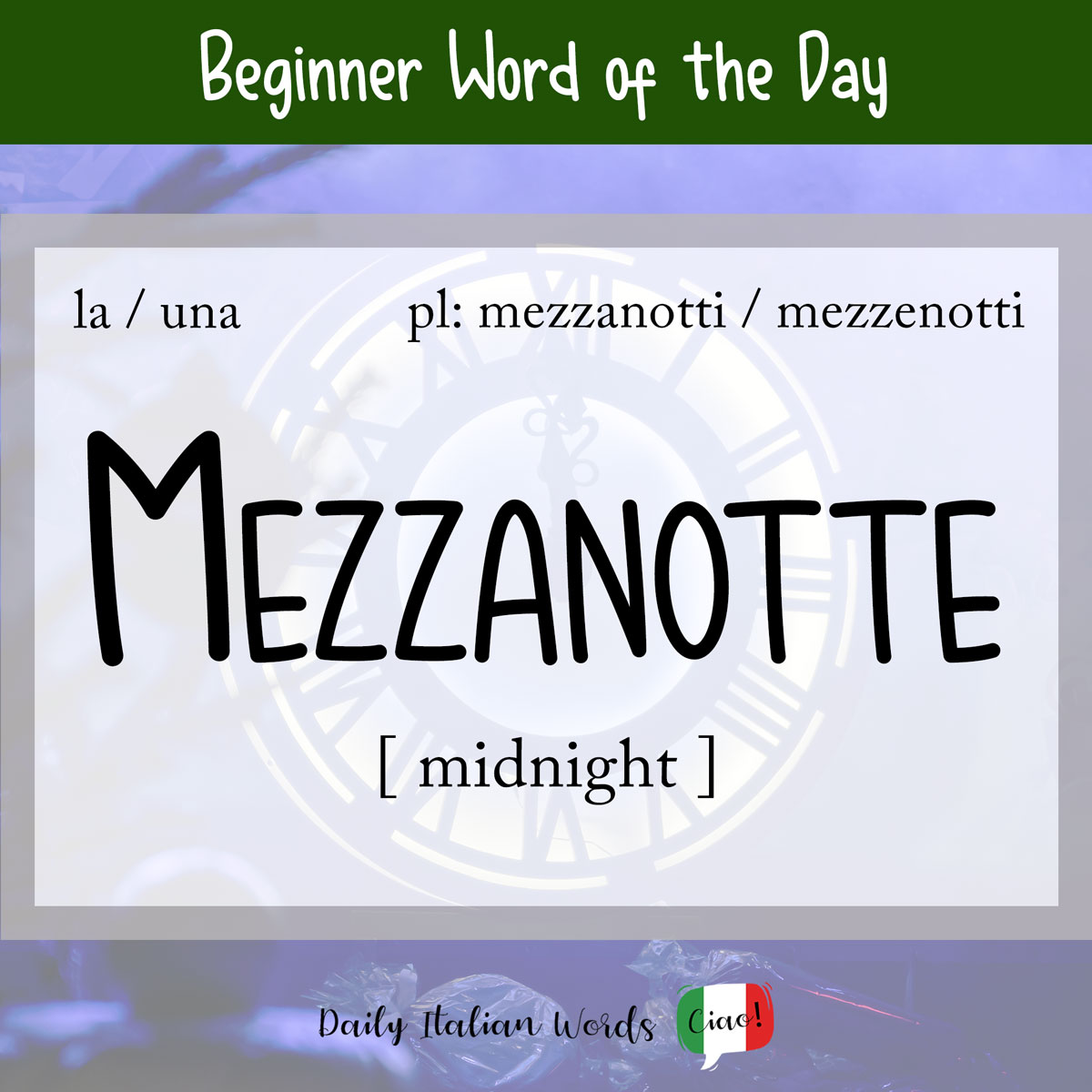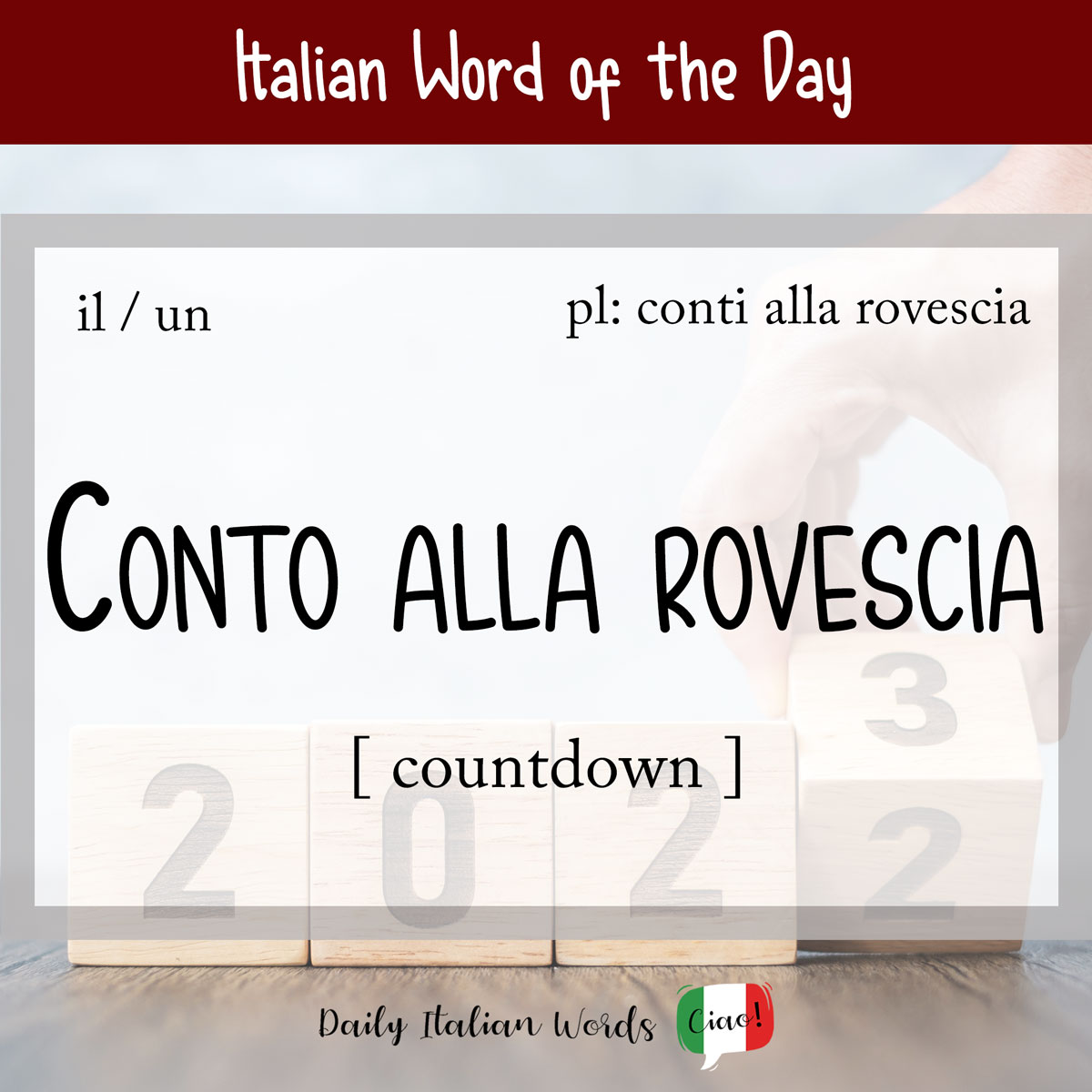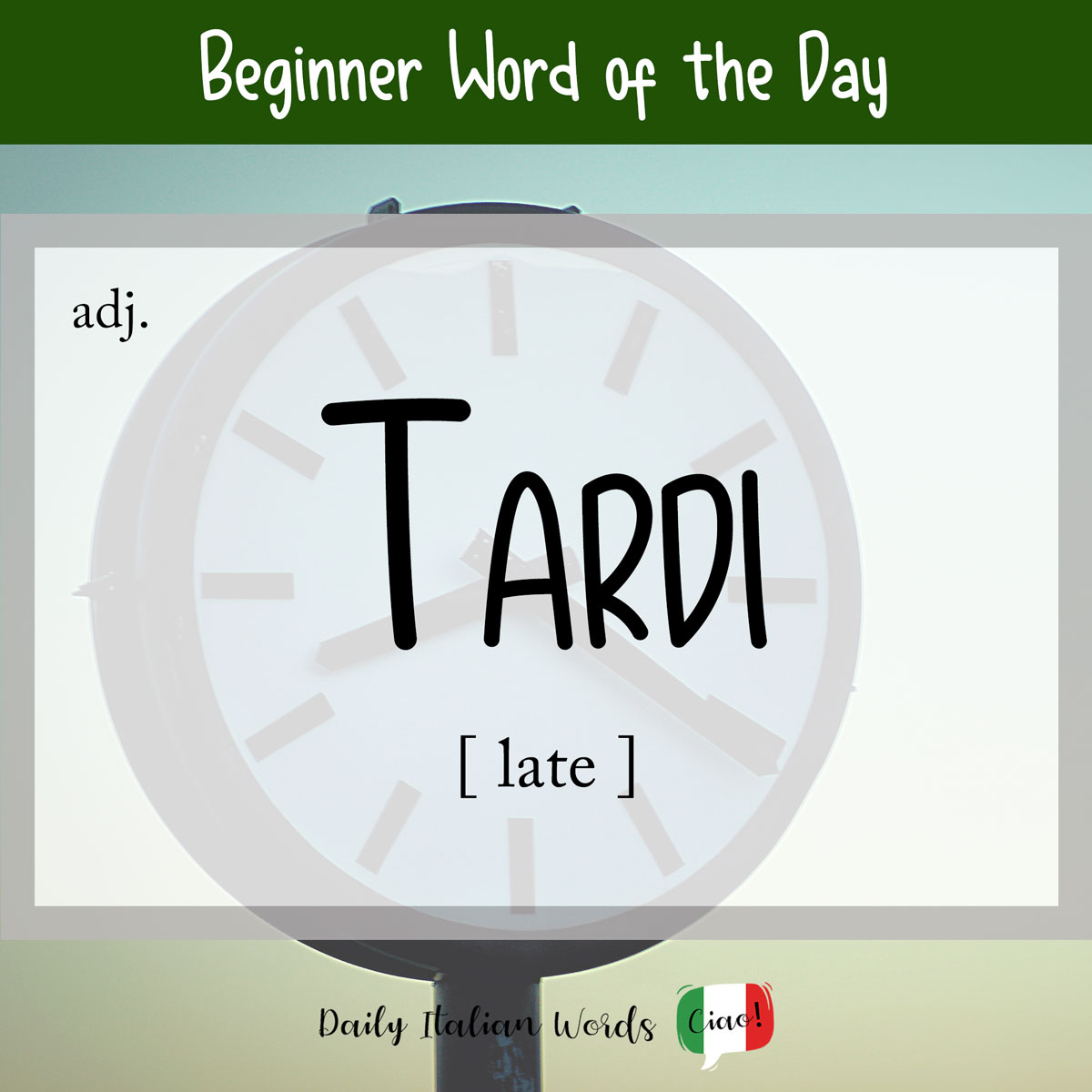Italian Word of the Day: Sera (evening)
Following the morning (mattina) and the afternoon (pomeriggio), we experience the penultimate phase of the day, which is sera (evening). This feminine noun, whose plural form is sere, takes the following definite and indefinite articles: Sera is derived from the late Latin sēra, which is an ellipsis of sera dies (“late part of the day”). …

